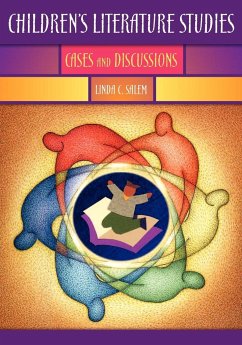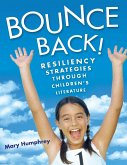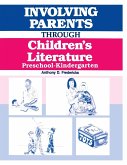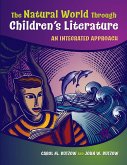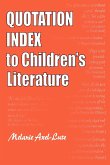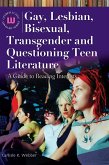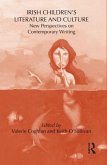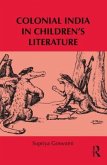This supplement to standard children's literature textbooks will be a help to instructors as they engage their students in discussions about selection of materials, censorship, dealing with curricular issues, the need to understand administrative policies, community beliefs, and their responses to these issues. It is designed to help instructors discuss books in ways that inspire collegiality, collaboration, and scholarship in book evaluation and selection. Using actual case studies, resource reviews and/or scenarios of censorship, religion, violence, ethnicity and other issues, the instructor will be able to encourage discussion and reflective thought about real issues faced by teachers and librarians as they select materials for classroom or school library use. This supplement to standard children's literature textbooks will be a help to instructors as they engage their students in discussions about selection of materials, censorship, dealing with curricular issues, the need to understand administrative policies, community beliefs, and their responses to these issues. It is designed to help them discuss books in ways that inspire collegiality, collaboration, and scholarship in book evaluation and selection. Using actual case studies, resource reviews and/or scenarios of censorship, religion, violence, ethnicity and other issues, the instructor will be able to encourage discussion and reflective thought about real issues faced by teachers and librarians as they select materials for classroom or school library use. Guides for possible resources for help in researching situations will be included. This will prove a very valuable resource in teaching children's literature courses in schools of education and library schools, and useful to practicing teachers and librarians as well. Though the book is slanted toward the use of books as classroom materials, it will be a valuable asset to a school library's professional collection and certainly valuable to the training of pre-service teachers and school librarians. Each chapter begins with a bibliographic essay that introduces the topic to the reader. The essay is designed as a starting point for further discussion and research. A list of references for each chapter is provided at the end of the chapter. These references represent sources teachers can use to conduct further research to find multiple perspectives about books.
Hinweis: Dieser Artikel kann nur an eine deutsche Lieferadresse ausgeliefert werden.
Hinweis: Dieser Artikel kann nur an eine deutsche Lieferadresse ausgeliefert werden.

